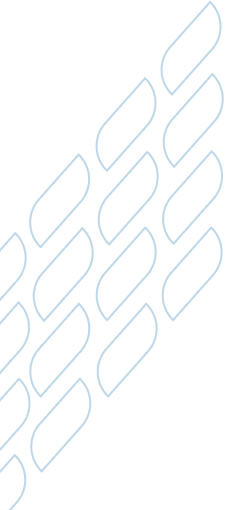Authors
Elizabeth L. Bjork and Robert Bjork
University of California, Los Angeles
Abstract
As teachers—and learners—the two of us have had both a professional and personal interest in identifying the activities that make learning most effective and efficient. What we have discovered, broadly, across our careers in research, is that optimizing learning and instruction
often requires going against one’s intuitions, deviating from standard instructional practices, and managing one’s own learning activities in new ways. Somewhat surprisingly, the trials and errors of everyday living and learning do not seem to result in the development of an accurate mental
model of the self as learner or an appreciation of the activities that do and do not foster learning.
The basic problem learners confront is that we can easily be misled as to whether we are learning effectively and have or have not achieved a level of learning and comprehension that will support our subsequent access to information or skills we are trying to learn. We can be misled by our subjective impressions. Rereading a chapter a second time, for example, can provide a sense of familiarity or perceptual fluency that we interpret as understanding or comprehension, but may actually be a product of low-level perceptual priming. Similarly, information coming readily to mind can be interpreted as evidence of learning, but could instead be a product of cues that are present in the study situation, but that are unlikely to be present at a later time. We can also be misled by our current performance. Conditions of learning that make performance improve rapidly often fail to support long-term retention and transfer, whereas conditions that create challenges and slow the rate of apparent learning often optimize long-term retention and transfer.ˇ
Learning Without Performance and Performance Without Learning
Decades ago, learning theorists were forced to distinguish between learning and performance because experiments revealed that considerable learning could happen across a period when no change was apparent in performance. In latent-learning experiments with animals, for example, periods of free exploration of a maze, during which the animal’s behavior seemed aimless, were shown—once reward was introduced—to have produced considerable learning. Similarly, in research on motor skills, investigators found that learning continued across trials during which the build-up of fatigue suppressed performance.
More recently, a variety of experiments—some of which we summarize below—have demonstrated that the converse is true as well: Namely, substantial improvements in performance across practice or training sessions can occur without significant learning (as revealed after a delay or in another context). To the extent, therefore, that people interpret current performance as a valid measure of learning, they become susceptible to misassessing whether learning has or has not occurred.







